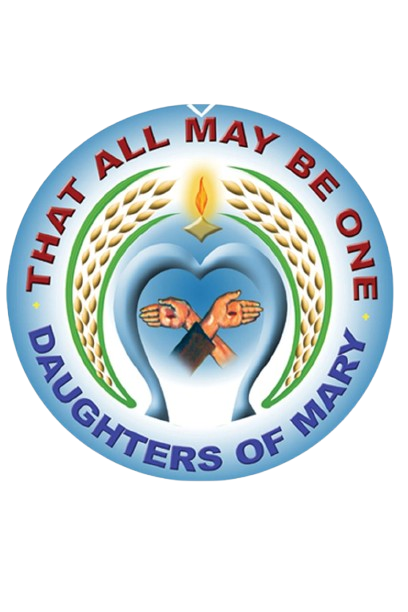

The first province of the Congregation of the Daughters of Mary
The Social Apostolate of the Daughters of Mary at St. Joseph Province is a dedicated ministry focused on the holistic welfare of individuals and communities. Rooted in the teachings of Jesus, it strives to respond compassionately to the physical, emotional, spiritual, and social needs of those they serve.
Works especially with marginalized and disadvantaged groups to promote equality, peace, and love through practical services.
Guided by faith and spiritual principles
Dedicated to serving those in need
Showing empathy and care for all
Responsible management of resources
To foster unity and promote the Gospel's message: "To be poor and pure for the kingdom of God."
Every sister at St. Joseph's Province shares the responsibility of this ministry.
The Sisters of the Congregation of the Daughters of Mary
1995
Kanyakumari, Tamil Nadu
Established under the leadership of Sr. Mary Monica and Sr. Stella.
Service units in eleven regions across the districts of Kanyakumari, Tirunelveli, Viruthunagar, Thenkasi, Thoothukudi, and Ramanathapuram.
To empower the socially disadvantaged through education, economic development, healthcare, ecological awareness, and community mobilization — with a focus on women, tribal communities, rural youth, and those affected by disease or poverty.
Formation and training of SHGs among both women and men. Empowerment of local leaders to manage village-level development.
Training in 45+ vocational trades. Collaboration with national banks for micro-finance support. Focus on self-employment for rural youth and women.
Support for establishing small businesses. Promotion of financial literacy and a culture of savings. Assistance to economically disadvantaged individuals and families.
Formation of Panchayat Level Federations (PLFs) and District Level Federations (DLFs).
Programs aimed at increasing civic participation and leadership.
A woman trained by Stella Maris now serves as a Panchayat President, supported by 12 women council members.
Family welfare services for tribal communities. Education assistance for tribal children. Empowerment of tribal communities through social and economic development initiatives.
Community health education programs conducted in partnership with government departments.
Promotion of healthy and sustainable living practices.
A model rehabilitation community for families affected by leprosy.
SMIDS houses a fully equipped training and research center featuring a conference hall, residential facilities, a canteen, a library, and a meditation hall. It supports external NGOs and government agencies, with a research wing currently in development.